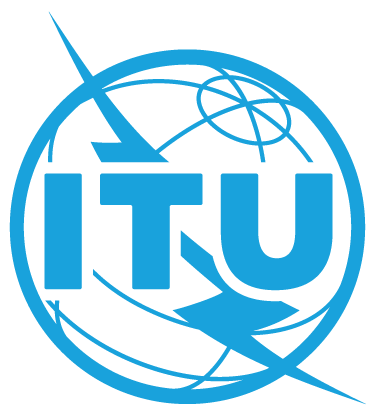ITU Releases WSIS+20 Report Assessing Two Decades of the World Summit on the Information Society
The International Telecommunication Union’s new WSIS+20 report reviews 20 years of the World Summit on the Information Society, assessing achievements in connectivity, digital inclusion and multistakeholder cooperation, while setting expectations for the United Nations’ overall review in late 2025.

The International Telecommunication Union (ITU) has published its WSIS+20 report, a comprehensive review of two decades of work under the World Summit on the Information Society (WSIS) framework. The report examines the evolution of digital cooperation since the original summit phases in Geneva in 2003 and Tunis in 2005, both mandated by the United Nations General Assembly, and outlines priorities ahead of the UN’s twenty-year review of WSIS outcomes scheduled for December 2025.
The ITU highlights significant progress since 2005. Global internet use rose from 16 percent to 68 percent by 2024, driven by broadband expansion and mobile networks now exceeding nine billion subscriptions. Capacity-building initiatives, including the ITU Academy and Digital Transformation Centres, have provided training to tens of thousands of people, with a notable emphasis on women and underserved communities. Cybersecurity frameworks, national Computer Incident Response Teams, and digital accessibility standards have also developed substantially during this period.
The report also underscores the role of annual WSIS Forums, which have grown into one of the world’s largest multistakeholder events on digital development. High-level sessions, policy discussions and thematic workshops support coordination across governments, UN agencies, the private sector, civil society, academia and the technical community. According to the participation tables in the report, recent editions have drawn thousands of onsite and virtual participants, with programme tracks ranging from digital public infrastructure to youth engagement and emerging technologies such as artificial intelligence and quantum systems.
The WSIS Stocktaking Database, referenced across several pages, has become a major repository of global digital projects, documenting more than 19,000 initiatives. The associated WSIS Prizes programme continues to highlight replicable solutions in areas such as e-health, e-agriculture, and digital inclusion.
Looking ahead, the report stresses that WSIS remains a relevant framework as countries prepare for the UN’s overall WSIS+20 review. Priority areas include universal and meaningful connectivity, stronger digital skills, responsible approaches to emerging technologies, sustainable use of digital tools, enhanced cybersecurity and deeper international cooperation. The report also notes that WSIS and the Global Digital Compact adopted at the UN Summit of the Future in 2024 share overlapping goals, particularly on inclusion and multistakeholder engagement.
The ITU concludes that WSIS has provided a stable, adaptable mechanism for coordinating global digital development. With growing expectations for alignment across UN processes, the organisation calls for continued commitment to the WSIS framework beyond 2025 to ensure that digital transformation benefits all regions and communities.


